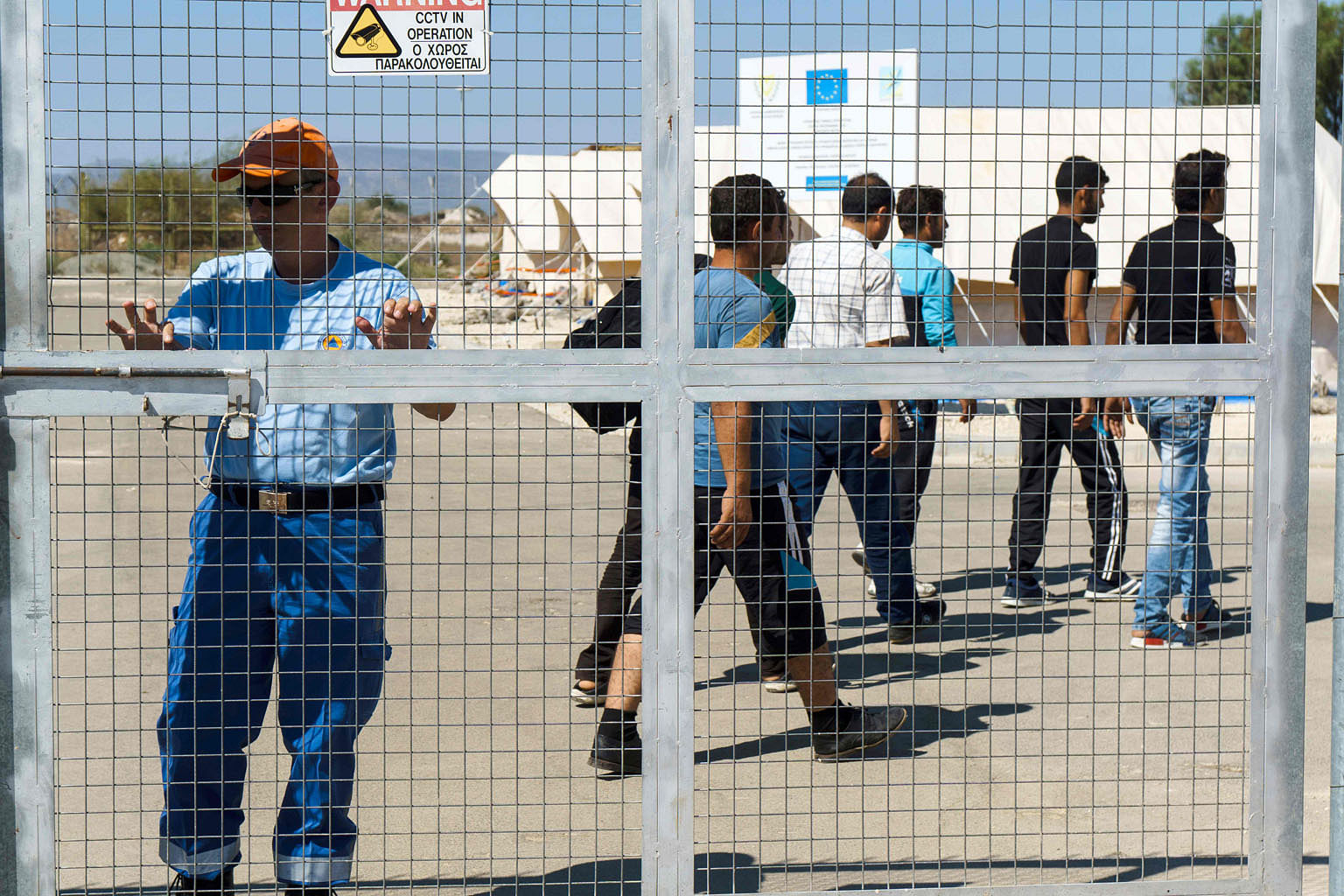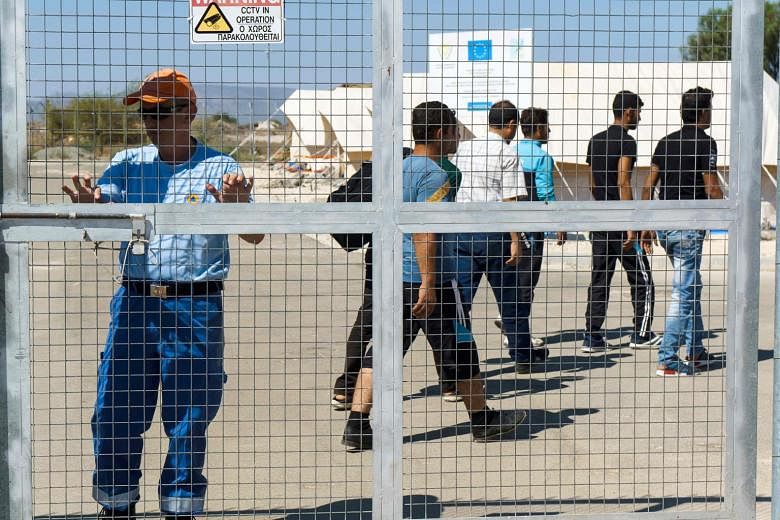Acts of terrorism are identified as a Muslim phenomenon today because they are mostly committed by Muslims, erroneously in the name of Islam. That is but one marker that the Islamic world is mired in a host of problems and global Muslims at a low point in their history.
These problems include the tragedy of a number of Islamic countries in the Middle East and North Africa that have become failed states. And sectarian conflicts and political violence have become ordinary happenings in many Muslim countries, especially in South Asia.
Muslim minority communities in South-east Asia, meanwhile, are engaged in conflicts with central governments arising from issues of citizenship and land ownership. Political instability and infighting have consumed several Muslim governments.
As well, immigrant Muslim communities in Europe are beset with serious problems of integration. More have entered Europe as refugees from war-torn Muslim countries, and the situation can be explosive. Islamophobia is at an uneasy high in the Western world.
Elsewhere, the politicisation of religion to seek Muslim electoral support is blatant, and this has given rise to high levels of intra-religious and inter-religious intolerance. The "religionisation" of politics by Muslim governments has seen desperate moves to implement Islamic (syariah) laws in careless ways that have caused these countries to regress with regard to human rights issues. Worse, the unthinking application of hudud laws, or the serious intention to legislate them, has set the Muslim world back to mediaeval times. Hudud laws are Islamic criminal laws that mandate harsh punishments, such as whipping for adultery.

These crises and tragedies have arisen during the period of time that began during the oil boom years of the 1980s, when virulent ideologies were exported from the Middle East/Gulf regions to many parts of the Muslim world. These ideologies not only preached an austere brand of Islam, but they also implanted ideas that have led to intolerance, hatred and even violence. They even provided the impulses for an imperialistic thinking that a distorted version of Islam must dominate and rule the world. This thinking has underpinned the agenda of transnational terrorism.
LESSONS FROM HISTORY
There have been many dark moments in the history of Islam since its beginning in 7th century Arabia. There were bloodbaths, civil wars and massacres caused by ideological conflicts, power struggles and political contestations. Nevertheless, the extent of crisis and tragedy that has befallen Muslims today is unparalleled in the history of Islam.
It is useful to compare this Muslim experience with the experience of Christianity in mediaeval Europe - the darkest era in the history of Christendom.
There was then a disdain for the clergy and the Church for holding large tracts of land and wielding enormous power over the state.
The clergy and the Church also shackled large numbers of people to superstitions and made them ignorant of justice and reason. There were persecutions of religious minorities and some 150 years of religious wars.
Three historic developments brought a new era of peace in Christian Europe.
One was the Reformation that happened within Christianity. Another was the disengagement of religion from the affairs of the state. The third was the replacement of religion with ideology - that is, secularism - as the new basis of social order and public morality. These last two developments paved the way for the birth of secular politics and the secular state
There have been calls for Islam to undergo such a reformation as perceptions exist that the conflicts and violence caused by Muslims today are legitimised by problematic theological ideas in Islam. However, Muslim scholars have countered that such assertions are untrue and rejected these calls for an Islamic Reformation.
FAILURE OF ISLAMIC STATE MODEL?
However, the historical experiences of Christian Europe to separate religion from partisan and electoral politics, as well as religion from the affairs of state, may be useful lessons for the Islamic world, in order to embrace good politics. These separations may provide some respite to an Islamic world that is "on fire" and can lead to improvement in other areas, like education and economic development. But, can these separations happen?
Muslims will be quick to point out that Islam is a complete way of life, and hence the religion cannot be separated from electoral politics or affairs in governing the state. However, a correct understanding of the role of Islam in politics is needed. It is undeniable that the Prophet of Islam and his Companions were involved in politics, but this was to resolve many issues of tribal dynamics where power and influence were involved. They never engaged in politics of contestation to amass power or influence.
History shows this was the Prophet's consistent approach to politics. He was always occupied with ensuring that Islam provided the ethics upon which all facets of life are anchored, including politics. This is consistent with his core prophetic mission to be a prophet-philosopher, whose interest was to see the emergence of a moral community, rather than a political entity with the trappings of power and glory. He was, therefore, never a prophet-king concerned with political might.
Muslims today must see the evils of mixing politics with Islam and of attempts to rule a state as an Islamic theocracy. Therehas been abuse of Islam for political gains. The politicisation of Islam and the "Islamisation" of the state have resulted in a host of problems and raised the question of whether the project of the Islamic state has been a failure. Very few Islamic states, perhaps none, can be counted as models of success in the world today.
Using Islam as the basis of the state is an innovation of the modern era. It did not happen in the early period of Islamic history. The mixing of politics with Islam has unfortunately brought a lot of grief to Muslims. Given the conditions of the Muslim world today, it is not a bad idea to have Islam-state and Islam-politics separations.
- The writer is head of studies in inter-religious relations in plural societies at the S. Rajaratnam School of International Studies.

